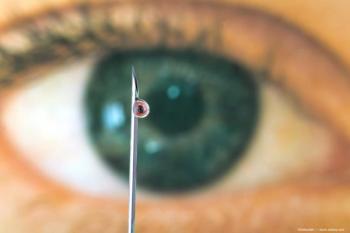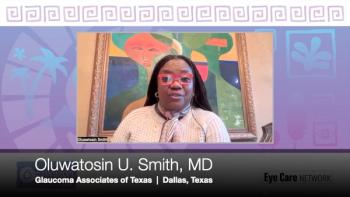
Antioxidants key to prevent blindness
It has just been discovered by researchers at Brigham Young University and Weill Medical College of Cornell University that two processes in the retina, which in combination contribute to age-related macular degeneration, can be disrupted by antioxidants.
Ithaca, NY
-It has just been discovered by researchers at Brigham Young University and Weill Medical College of Cornell University that two processes in the retina, which in combination contribute to age-related macular degeneration (AMD), can be disrupted by antioxidants.
"The implication is that people at risk of macular degeneration could help prevent the disease by consuming antioxidants," said Heidi Vollmer-Snarr, PhD, a BYU chemist who earned a doctorate from Oxford and began work on this disease as a postdoctoral researcher at Columbia. Paul Bernstein, MD, PhD, of the University of Utah's Moran Eye Center says understanding the exact mechanisms of AMD has remained elusive. Bernstein was not involved in the study.
"This work by Dr. Vollmer-Snarr and colleagues ties these two damaging processes together and demonstrates the harm they cause in combination is much more than would be expected," Dr. Bernstein said. "This new knowledge suggests the possibility of interventions which could prove to be powerful ways to prevent or delay age-related macular degeneration."
The build-up of the compound A2E hastens the death of vital visual cells, which are not replaced when they die. The experiments performed with visual cells from rats, cows, and humans showed that antioxidants could completely counter the damage.
The strategy Dr. Vollmer-Snarr has in mind would involve delivering potentially disruptive compounds like A2E to the target and then using light to trigger the damage.
"Why not take a page out of one disease's book in the fight against other diseases?" Dr. Vollmer-Snarr said.
BYU graduate student Junping Gao is also a co-author on the study. Joining as co-authors are Cornell medical researchers Silvia C. Finnemann, Cristofol Vives-Bauza, Monika Anand, Arash K. Shirazi, Jordi Magrane, and Giovanni Manfredi. The study is online and will be published Sept. 5 in the Journal of Biological Chemistry.
Newsletter
Don’t miss out—get Ophthalmology Times updates on the latest clinical advancements and expert interviews, straight to your inbox.





























